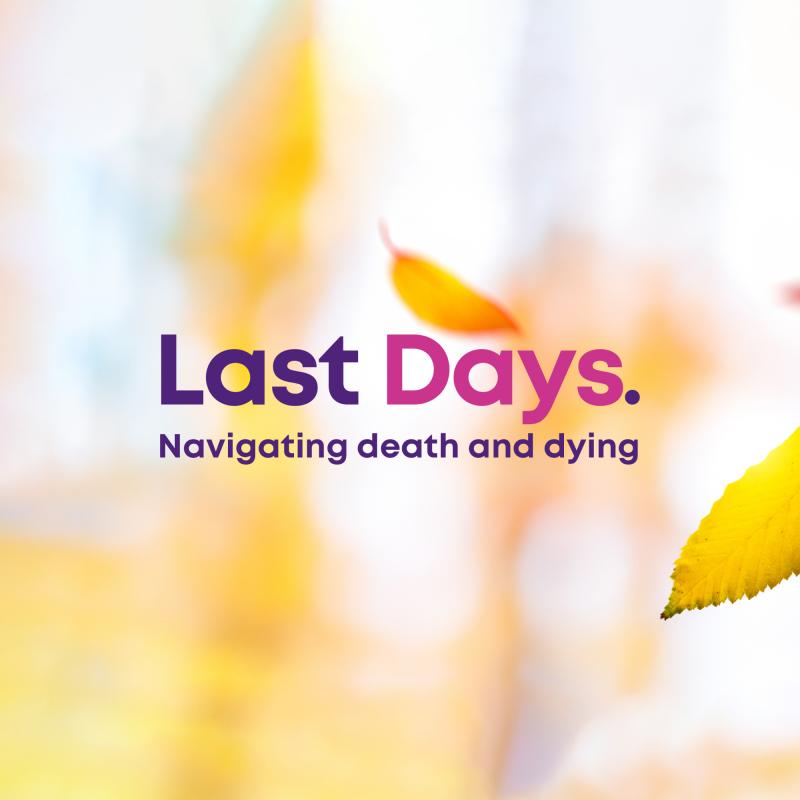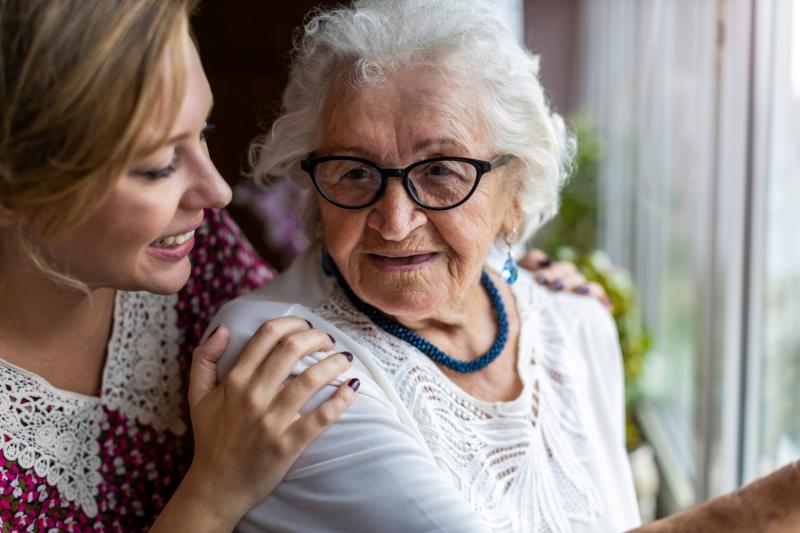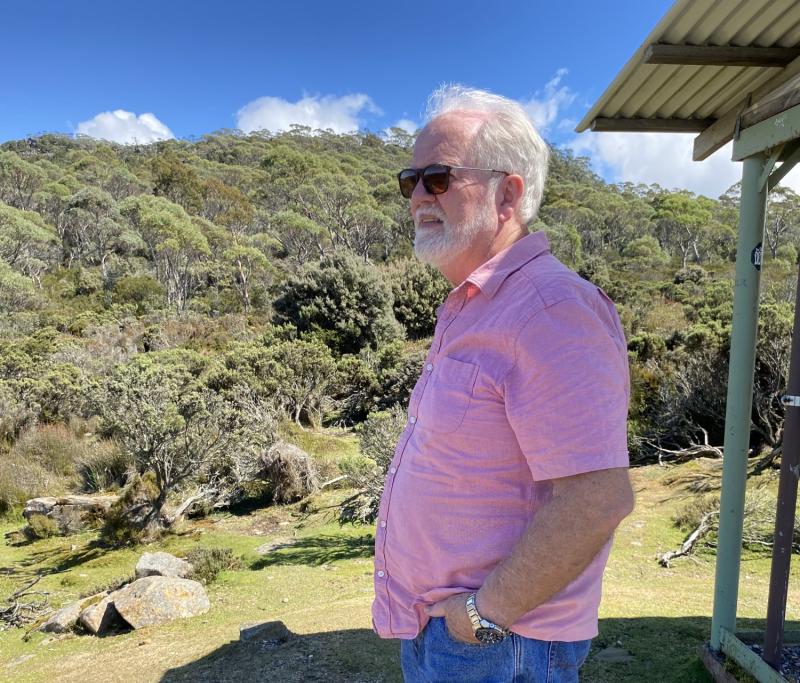Resources
Explore resources from a range of sources across the aged care sector - including government, research, academic and practice-based materials - curated by ARIIA to support evidence-informed practice and innovation.
Showing

Exploring the nexus of aged care and digital reforms: Navigating challenges and seizing opportunities
In this blog, Dr Priyanka Vandersman explains why ELDAC’s palliative care dashboard is an example of how digital transformation can be supported by products that align with changing regulations to drive innovation and improve outcomes.

Why don’t we talk about dying
This blog explores the reluctance to discuss death and dying and introduces the Last Days program. Last Days is aimed at providing carers with the practical knowledge and resources to care for those who are in their last days, particularly in rural areas where palliative care services are limited. Find out how the program emphasises the importance of open conversations about end-of-life care and equipping families and communities with the tools to provide compassionate support.

Carer Knowledge Exchange: Connecting research to practice to improve outcomes for carers
The Carer Knowledge Exchange (CKE) aims to improve outcomes for family and friend carers by connecting research to practice. Through a digital platform and Research Library, regular events and engagement opportunities, the CKE seeks to help expand, translate and disseminate the carer evidence base to improve carer-focused policy making and practice.

Four clinical governance rabbit holes to avoid
Aged care can shorten development time and increase implementation effectiveness by learning from the previous experiences of the healthcare sector's clinical governance pathways. In this blog, the Australasian Institute of Clinical Governance details four key clinical governance implementation 'rabbit holes', highlighting how stepping over or around these holes can help aged care reduce clinical governance evolution time and increase positive point of care impact.

Searching for aged care information online – search sources
This, the first in our blog series, ‘searching for aged care information online’, looks at the basics of Internet searching, considers possible pitfalls and the digital literacy skills needed, along with helpful tips, to navigate the Internet successfully and have confidence in your results.

Meaningful engagement and partnerships in research with people living with dementia and their family
When reflecting on the experience of researching in partnership with people living with dementia and their carers, Dr. Domenica Disalvo, in this blog, acknowledges both the challenges and benefits of co-designing. However, there is a need for researchers to be both flexible and creative in adapting their engagement approaches to enable people living with dementia to fully participate in research, generating real insights into their needs and preferences for care.

Ageing in place – the right of people living in rural communities
Sustainable aging in rural settings requires ongoing commitment and collaboration by different organisations to support initiatives to overcome persistent barriers experienced by older people accessing aged care beyond their communities. Associate Professor Maree Bancroft examines both the challenges and explores how community-driven approaches can help elderly Australians age at home in regional, rural and remote areas a possibility.

Staying at Home: Innovative carer respite and well-being program
Our current blog explores the challenges faced by family carers of individuals living with dementia and highlights the positive impact of the Staying at Home (SAH) program delivered nationally by Dementia Support Australia. Tom Gauci explains how SAH, as an innovative carer well-being and respite program, can empower family carers by encouraging early access to respite, and by providing tools and confidence to navigate changes in their caregiving role.

Empowering Aged Care: Innovations in Education and Training
Learning is the process of gaining knowledge and skills through study, experience, or instruction. As the need for aged care communities continues to grow, there is a significant demand to invest in developing the knowledge, skills, and attitudes of the workforce to meet current and future requirements.

El Nino officially declared: What does it mean for older Australians?
With the intensity and frequency of heat events expected to increase in Australia, we must better prepare our vulnerable populations. Mehak Oberai from Griffith University explains how mobilising all relevant stakeholders to promote the understanding of ‘heat as a health issue’, can empower older people with increased awareness and improved readiness against this silent killer.